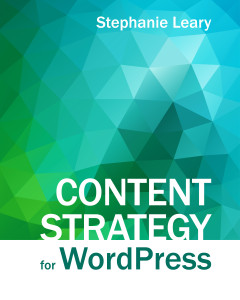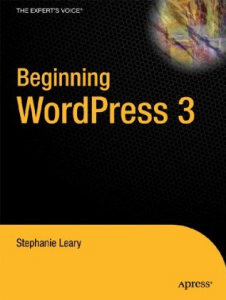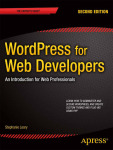On Friday, Amazon stopped selling Macmillan books, including Tor SF, Minotaur mysteries, and several other things I buy a lot. It’s a bullying move in a heated negotiation over how ebooks are sold.
Before you say, “Go Amazon! Fight those publishers and their $15 ebooks!” you need to understand a little bit more about how publishing works. Go read what Tobias Buckell, Charles Stross, and Jay Lake and Cory Doctorow have to say about it. Are they biased? Well, yeah, they’re all Tor authors, so they’re pretty pissed. At the same time, they’re ebook consumers, and they have a pretty well-balanced understanding of the situation.
Do not assume that because they’re negotiating for a lower fixed price, Amazon is on your side. Macmillan is trying to introduce variable pricing, where books are more expensive when they first come out and then get cheaper than Amazon’s fixed price — just like hardcover/paperback works now. In fighting this, Amazon is positioning itself more like a publishing subcontractor and less like a bookstore. The problem for Macmillan (and every other major publisher) is that the money it makes on those initially-more-expensive books is what allows it to a) stay in business, and b) take risks on new or unknown authors. Publishing operates on a razor-thin margin, and publishers know damn well that paper printed books are going away. They have to work out an ebook model that doesn’t slice off the profitable part of their business. Amazon’s model does.
Update: Amazon has folded. Their letter is strangely worded. I like Laura Anne Gilman’s response.
Update 2: Mary Robinette Kowal hilariously skewers the Amazon letter, and Scott Westerfeld has a remarkably sane overview of the situation.




The gaming industry does the same thing I understand. Early sales cover a majority of the cost of the game and also gets funneled into new games.
Of course unlike the book industry, the gaming industry has been fighting a quiet war against 2nd hand sales first with pre-order unlockable content, now pre-order Downloadable content, and now just plain DRMed digital distribution.